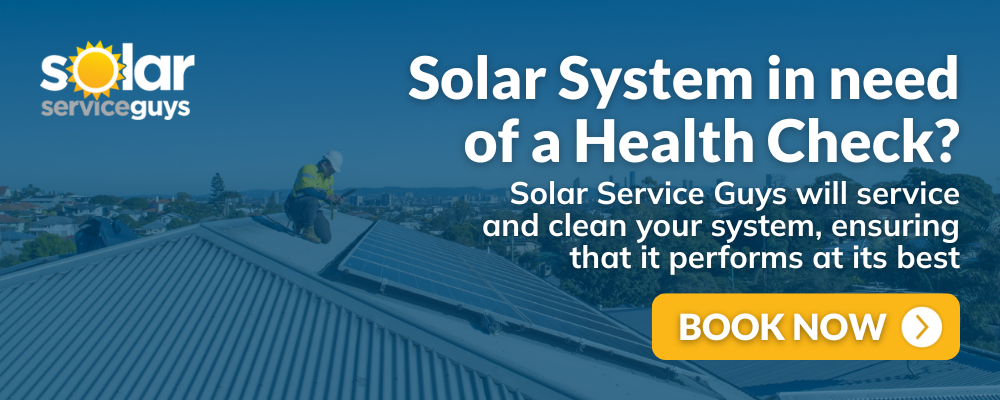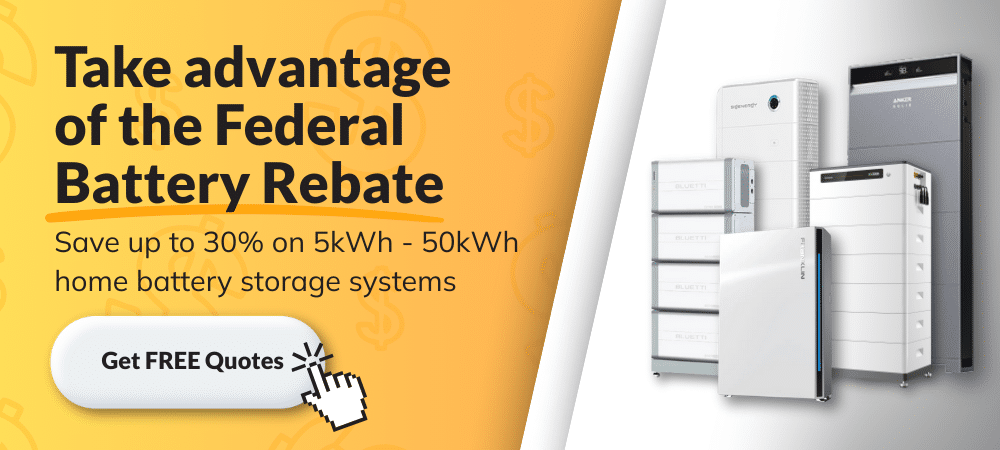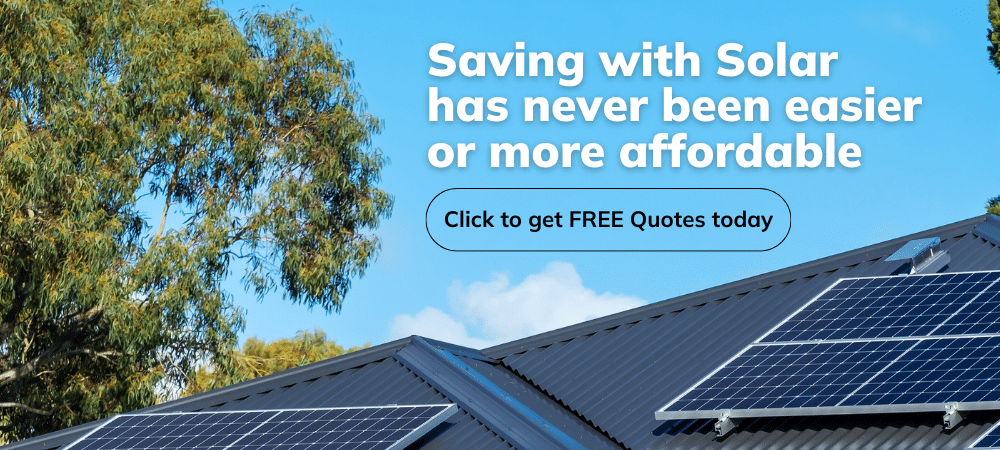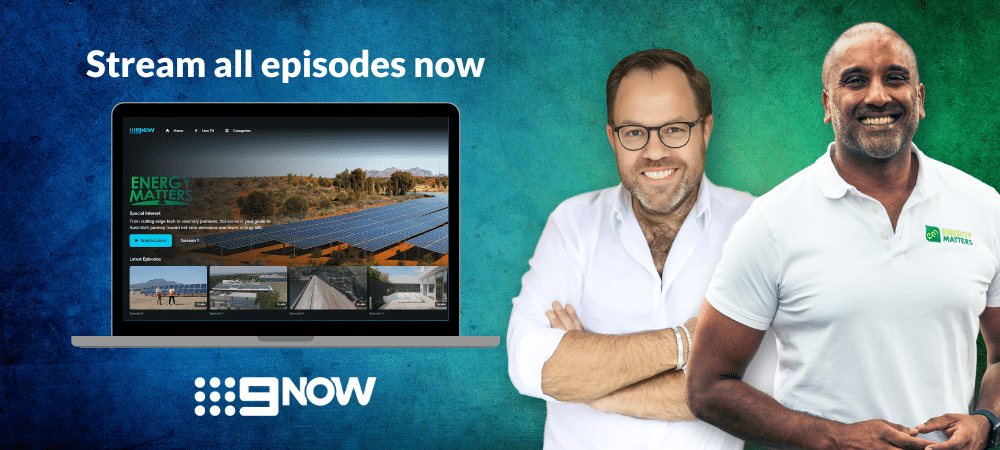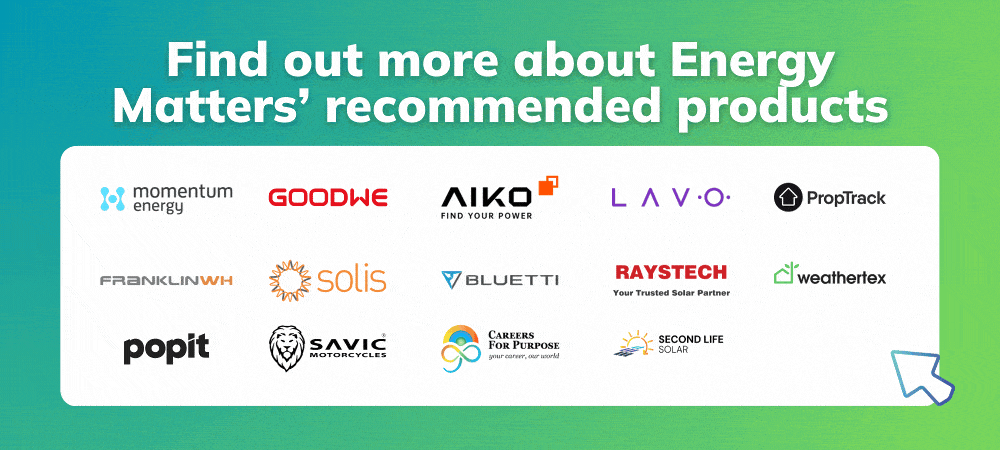Victoria is known for its competitive energy market. Whether you are looking for a new electricity or gas plan or just want to compare your current plan against other offers, it’s easy to find a better deal.
There are a number of factors to consider when comparing energy plans. First, you need to decide what type of plan suits your needs. For example, are you looking for a Market Offer or a standard contract (also known as the Default Market Offer in Victoria)? There are also different discounts or offers that may be available, from bill credits and sign-up bonuses to reward programs or feed-in tariffs for solar owners.

On this page
Understanding the Victorian Energy Market
Victoria boasts a dynamic and competitive energy market, designed to give consumers choice and promote competitive pricing. Unlike some states, Victoria has a fully deregulated retail energy market for electricity and gas. This means numerous retailers compete for your business, offering various plans with different pricing structures, discounts, and incentives.
Electricity distribution zones in Victoria
Five main distribution companies manage Victoria’s electricity supply, each responsible for specific geographical areas. These distributors maintain the poles, wires, and other infrastructure that deliver electricity to your premises. Your location dictates which distributor services your area, and their network charges are a component of your overall bill. The five electricity distributors are:
- AusNet Services: Covers outer northern and eastern suburbs and eastern Victoria.
- CitiPower: Serves the city and inner suburbs of Melbourne.
- Jemena: Responsible for northern and north-western suburbs.
- Powercor Australia: Covers the western suburbs and western Victoria.
- United Energy Distribution: Services the southern suburbs and the Mornington Peninsula.
Gas distribution zones in Victoria
Similarly, gas in Victoria is delivered by three main distributors, each operating in distinct regions:
- Australian Gas Networks: Services large parts of regional and metropolitan Victoria.
- Multinet Gas: Covers eastern and south-eastern Melbourne and parts of Gippsland.
- AusNet Services: Also distributes gas in certain areas, particularly in eastern Victoria.
Understanding your distributor is important, as their charges form a regulated component of your bill, regardless of your chosen retailer.
Key factors to compare in electricity and gas plans
When you compare electricity and gas plans in Victoria, it’s essential to look beyond just the advertised discount. Here are the key components to consider:
1. Usage charges (c/kWh for electricity, c/MJ for gas)
This is the per-unit cost of the energy you consume. Electricity is measured in cents per kilowatt-hour (c/kWh), while gas is measured in cents per megajoule (c/MJ). These rates can vary significantly between plans and retailers. For context, as of early 2024, Victoria’s average electricity usage rate was around 28.45 c/kWh, and average gas usage rates were about 3.52 c/MJ. Remember that 1 kWh equals 3.6 MJ of gas energy for comparison purposes.
2. Daily supply charge (or service charge)
Your retailer charges a fixed daily fee for supplying electricity and/or gas to your property, regardless of how much energy you use. This charge contributes to the maintenance of the network and meter reading. Considering this charge, especially for households with low energy consumption, is crucial, as a high daily supply charge can negate savings from low usage rates.
3. Discounts and conditional offers
Many retailers offer various discounts, such as:
- Pay on time discounts: A percentage off your bill if you pay by the due date. These are common and can significantly reduce costs if you are disciplined with payments.
- Direct debit discounts: A small percentage for setting up direct debit payments.
- Bundling discounts: Savings for signing up for both electricity and gas with the same provider.
- Green energy/Carbon neutral options: While not a direct discount, some plans offer the option to offset your carbon footprint or source energy from renewable sources, sometimes at a premium or a slightly different rate. Use Energy Matters’ carbon footprint calculator to calculate your household and business’s direct emissions.
Always check the conditions attached to discounts. Some discounts may only apply to the usage charge, while others might apply to the total bill (excluding supply charges). Understanding these conditions is crucial for accurately comparing different plans.
4. Contract length and exit fees
Most energy plans in Victoria are flexible, allowing you to switch without incurring exit fees. However, if you leave early, some special promotional offers or fixed-rate plans might have a contract term and associated exit fees. Always confirm this before signing up.
5. Billing frequency and payment options
Consider whether you prefer monthly or quarterly billing. Also, check the available payment methods, including direct debit, BPay, credit card, or payment in person.
6. Customer service and support
While it is harder to quantify, the quality of customer service can impact your experience. Look for retailers with good reviews and readily available support channels. A smooth customer experience is invaluable when you have queries or issues.
Even if you aren’t sure what type of offer you’re looking for, we can help. Our energy comparison tool is free and easy to use, and we’ll show you a range of plans from across Victoria so you can find the best deal for your needs.
Our free comparison tool compares offers from all major Australian electricity and gas retailers, including information on any available discounts so you can save even more on your energy bills. And once you’ve found a plan you like, switching is easy.
Did you know Energy Matters is Australia’s largest renewable news, blog and educational resource? Subscribe to Energy Matters’ weekly newsletter and keep updated even with incentives, rebates and recommended solar product offers.
Why compare energy plans in Victoria?
It’s a competitive market: In 2002, Victoria became one of the first states to introduce Full Retail Competition, which allowed private energy retailers to enter the market. The deregulation of the Victorian energy market means retailers are free to set their own prices. This competition is good news for consumers, as it helps to keep prices low.
Avoid the ‘Lazy Tax’: Many people never bother to compare energy plans and end up being charged more than they need to. This is often referred to as the ‘lazy tax’. By taking a few minutes to compare energy plans, you could save yourself a lot of money.
Take advantage of discounts and offers: Energy retailers often offer discounts and special deals to new customers. By comparing energy plans, you can make sure you are getting the best possible price on your energy bills.
It’s easy to compare: Our free online energy comparison tool makes it easy to compare a range of energy plans and find the best deal for you. Simply enter your postcode into the form and we’ll show you a list of energy plans from a range of providers.
You can also visit the official Victoria Energy Compare website for additional resources and insights into the Victorian energy market. This platform, actively promoted by the Victorian government, helps households access programs like the Power Saving Bonus and ensures you are aware of the latest initiatives to reduce energy costs. Staying informed is a powerful way to manage your energy expenses.
Get started today and compare electricity and gas plans in Victoria! You could save yourself time and money by finding a better deal on your energy bills.
Compare with other cities: How Victoria stacks up
If you’re curious how Victorian plans compare with other Australian cities, check out our detailed guide on Electricity Comparison Brisbane. Brisbane’s deregulated market has similarities with Victoria, but notable differences in wholesale pricing and solar feed-in tariffs make direct comparisons valuable.
This resource is especially useful for those moving interstate or managing multiple properties.
How to start your electricity comparison in VIC
When you begin your electricity comparison VIC journey, there are several key factors to consider:
- Usage patterns – Understand your daily, seasonal, and yearly energy consumption.
- Tariff structure – Flat rate, time-of-use, or demand-based?
- Discounts and incentives – Are they conditional or guaranteed?
- Contract terms – Exit fees, lock-in periods, or hidden charges?
- Green energy options – Support for renewables or carbon offsets.
What is the Victorian Default Offer (VDO)?
The Victorian Default Offer (VDO) is a maximum electricity price that energy providers can charge Victorian households and small businesses on default offers for power in their area. The VDO is set by the Essential Services Commission (ESC).
The purpose of the VDO is to create a safety net for customers on default electricity offers, so they are not paying more than they need to. The VDO also provides greater clarity and transparency around pricing, so that customers can compare energy plans more easily.
The VDO applies to both residential customers and small business customers using less than 40 megawatt hours of electricity annually.
How often does the VDO change?
The VDO changes on the first day of each financial year (i.e. July), in line with the ESC’s annual review of prices.
Victorian default offer prices to apply from 1 July 2024 to 30 June 2025
Fixed flat tariffs for general usage and general usage + controlled load usage – residential customers
| Distribution zone | Supply charge ($ per day) | Usage charge structure | Usage charge (not controlled load) ($ per kWh) | Usage charge: controlled load ($ per kWh) |
|---|---|---|---|---|
| AusNet Services | $1.3354 | Block 1 (up to 1020 kWh during a quarter) Block 2 (> 1020 kWh during a quarter) | $0.3536 $0.3617 | $0.2512 |
| CitiPower | $1.1673 | Anytime | $0.2575 | $0.1901 |
| Jemena | $1.2105 | Anytime | $0.3054 | $0.2362 |
| Powercor | $1.3163 | Anytime | $0.3045 | $0.2226 |
| United Energy | $1.0955 | Anytime | $0.2884 | $0.2105 |
Source: https://www.esc.vic.gov.au/electricity-and-gas/prices-tariffs-and-benchmarks/victorian-default-offer/victorian-default-offer-price-review-2024-25
What's the difference between a Victorian Default Offer and Market Offers?
The VDO is a government-regulated standard price that Victorian energy providers charge you for electricity, without any incentives or discounts.
In contrast, Market Offers are variable prices that energy providers charge for their electricity plans. These offers may include discounts or other incentives, such as sign-up bonuses or bill credits. The incentives under a Market Offer typically last for a fixed period of either 12 or 24 months (called a benefit period), after which the price will revert to the provider’s base rate or the VDO which can be substantially higher than energy prices during the benefit period.
Market Offers usually offer better value than the VDO during the benefit period, but it’s important to compare energy plans before your current plan expires, to make sure you don’t end up paying more than you need to.
Fixed-rate vs variable-rate contracts
A fixed rate energy plan is an agreement whereby your electricity provider will not change the rates it charges you for power over a set period, usually one or two years. The benefit of fixed-rate contracts is that they offer price certainty, which can help you budget for your energy costs. The downside is that these contracts generally do not offer discounts or other incentives, so you may not be getting the best possible deal on your energy.
A variable rate plan, on the other hand, is an agreement whereby your electricity provider can change the rates it charges you for power at any time. The benefit of these plans is that they offer flexibility and can sometimes include discounts or other incentives. The downside is that you may end up paying more for power if rates go up, which can make budgeting for your energy costs more difficult.
Which type of plan is right for you will depend on your personal circumstances and preferences, as well as what retailers are offering – only a handful of retailers offer fixed rate contracts.
Feed-in tariffs for solar customers
In Victoria, the Essential Services Commission sets a mandatory minimum feed-in tariff for households.
Feed-in tariffs from 1 July 2025 to 30 June 2026:The 2025-26 flat rate minimum feed-in tariff is 0.04 cents per kilowatt-hour (kWh).
Time-varying FiTs pay variable rates based on the day the electricity is exported to the grid. The table below shows the minimum daily feed-in tariffs for 2024-2025 (effective July 1, 2024) and 2025–2026 (effective July 1, 2025).
| OPTION 1 | |||
| Period | Weekday | Weekend | Rate: cents per kilowatt hour (c/kWh) |
| Overnight | 10 pm to 7 am | 10 pm to 7 am | 7.6 c/kWh |
| Day | 7 am to 3 pm, 9 pm to 10 pm | 7 am to 10 pm | 2.8 c/kWh |
| Early Evening | 3 pm to 9 pm | n/a | 7.0 c/kWh |
| OPTION 2 | |||
| Period | Everyday | Rate: cents per kilowatt hour (c/kWh) | |
| Shoulder | 9 pm to 10 am ; 2 pm to 4 pm | 4.1 c/kWh | |
| Off peak | 10 am to 2 pm | 2.1 c/kWh | |
| Peak | 4 pm to 9 pm | 8.4 c/kWh | |
Victorian electricity retailers are required to offer eligible FiT customers no less than these rates for electricity exported to the grid. Electricity retailers may offer a higher rate than the regulated minimum but are not obligated to do so.
Check out our Solar Feed-In Tariff Victoria (VIC) page for further details.
Why compare with Energy Matters?
Choosing the right electricity and gas plan can save you hundreds of dollars annually. With so many options available, a comprehensive comparison is essential. Energy Matters provides a user-friendly platform that helps you compare various electricity and gas plans from various retailers across Victoria. We make the process simple, transparent, and quick, ensuring you find a plan that best fits your consumption habits and budget.
Don’t let rising energy costs burden your household or business. Take control of your energy bills today. Compare electricity and gas plans with Energy Matters and discover how much you could save. Switch to a better deal and experience the difference!
Switching to a better plan in Victoria?
Our professional solar installers, such as those in Brisbane, will assess and determine your energy needs. We customise a solar panel system like in Brisbane to fit the roof size of your property, ensuring you receive the most suitable solar panel system for your Brisbane home that meets the property’s energy requirements.
Find out more information about solar across Australia:
Solar Panels Brisbane, Solar Panels Melbourne, Solar Panels Sydney, Best Solar Panels Canberra, Reputable Solar Companies Perth, Solar Panels Darwin, Solar Panels Hobart, and Solar Panels Adelaide.









